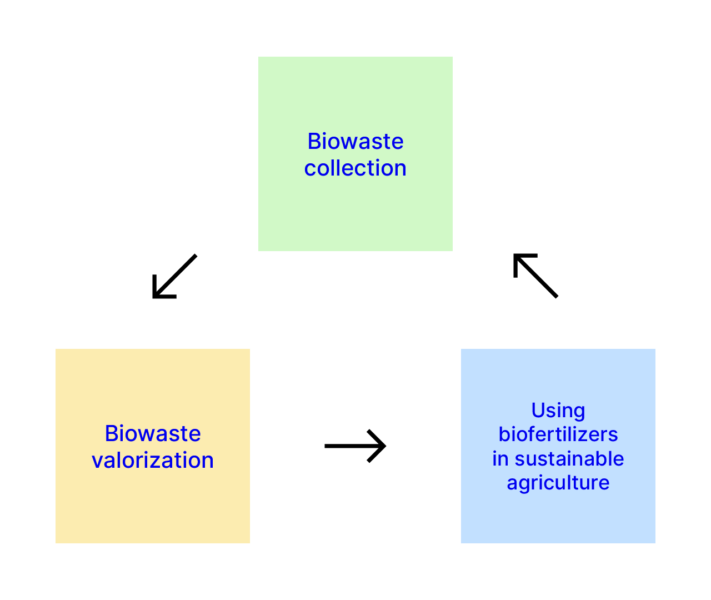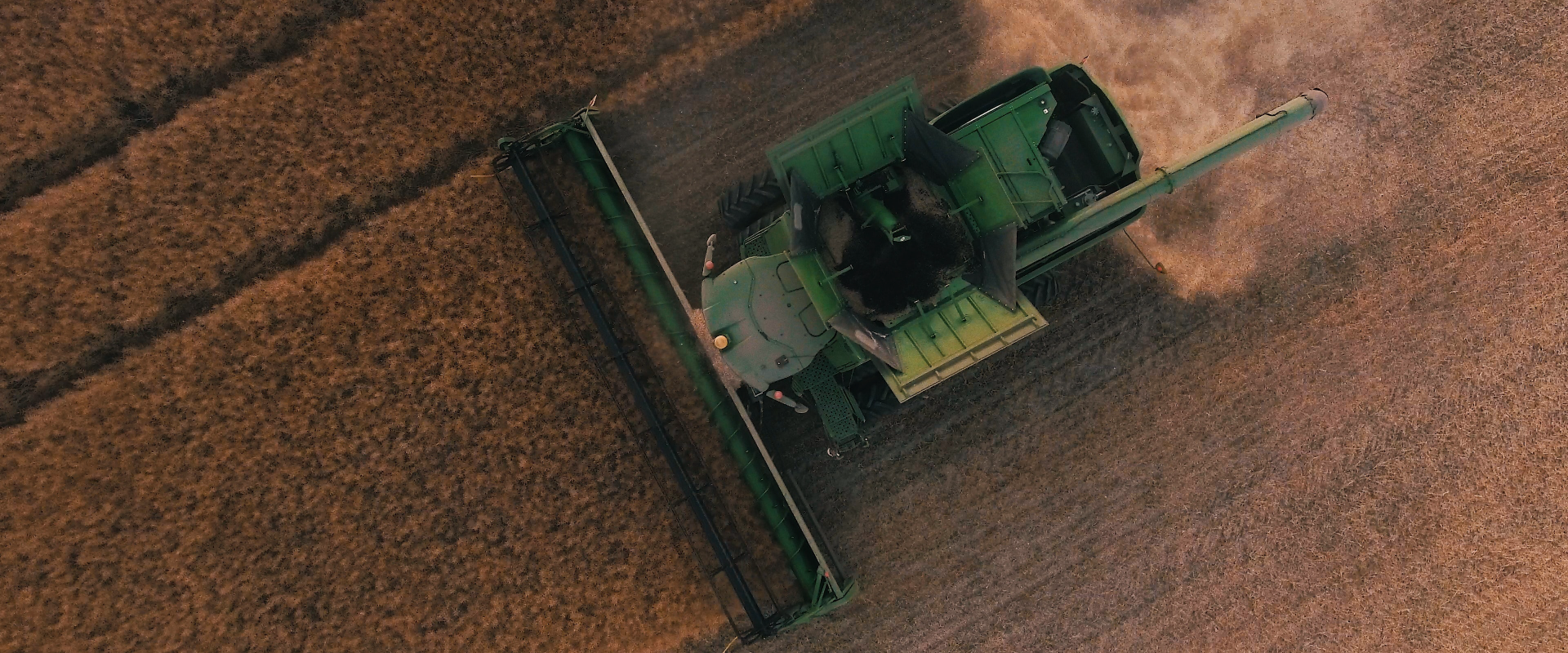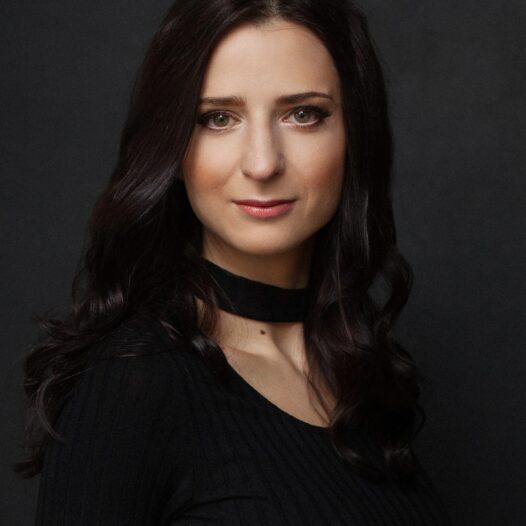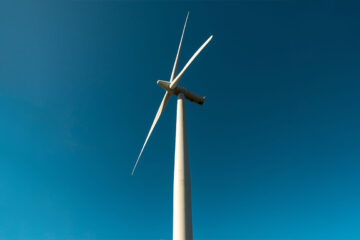What?
Replacing synthetic mineral fertilizers with biowaste based biofertilizers to increase food sovereignty and transition to regenerative agriculture.
Pilot:
With the help of the government we are going to find new ways to collect more biowaste separately, promote innovative recycling technologies and create market for bio-waste based biofertilizers that are used together with sustainable food growing practices.
NutriLoop’s role is to collect biowaste from restaurants, offices and marketplace in Telliskivi and Balti Jaam in a personalized way. From these partners we learn how that alternative service can later be applied to a larger scale (f.e restaurants in one city district) and also learn if biowaste streams with high quality (without impurities) and predictable amounts are available.
In the next step we valorize the biowaste with EM fermentation technology and produce biofertilizers. We learn how economically viable is to valorize the biowaste with fermentation technology and what are obstacles in the factory with bigger amounts of biowaste. We use the biofertilizers with cooperation of vegetable farmers who are interested in transition to regenerative agriculture. We had fields tests in spring and have more in the end of September/beginning of October.
Hypothesis:
Generally, farmers in Estonia are familiar with mineral fertilizers and manure, but not with the biowaste-based products, but they are looking for high-quality organic fertilizers that improve soil biology and are economically viable. The important hypothesis is that farmers would use local biofertilizers if the government would support it equally with other untraditional fertilizers (liming, digestate etc.) and if there are local success stories.
With the experiments on the farmland that involve soil and plant testing we are going to create new examples of sustainable farming. We aim to prove that biofertillizers that are produced from municipal biowaste, if used together with regenerative practices, are beneficial for soil health and increase nutritional value in food, decrease inputs of synthetic fertilizers means more profit for farmers.

What does this mean for Estonia?
We are creating a new market for biofertilizers and attract innovators from the bio-waste management sector and educate the farmers and consumers.
The scalable community solution for biowaste collection and valorization will be created and biofertilizers will be used together with a 3-year regenerative agriculture plan. That can be applied to different communities.
Did you know?
- 86 million tonnes of bio-waste is produced in the EU every year, of which 50 million tons is disposed of in the landfill, resulting in loss of 134 000 tons of N and 44 000 tons of phosphate each year, plus the loss of organic carbon around 25 M tons.
- 17% of biowaste is recycled in EU
- 16.6 M tons of synthetic fertilizers are produced in the EU




